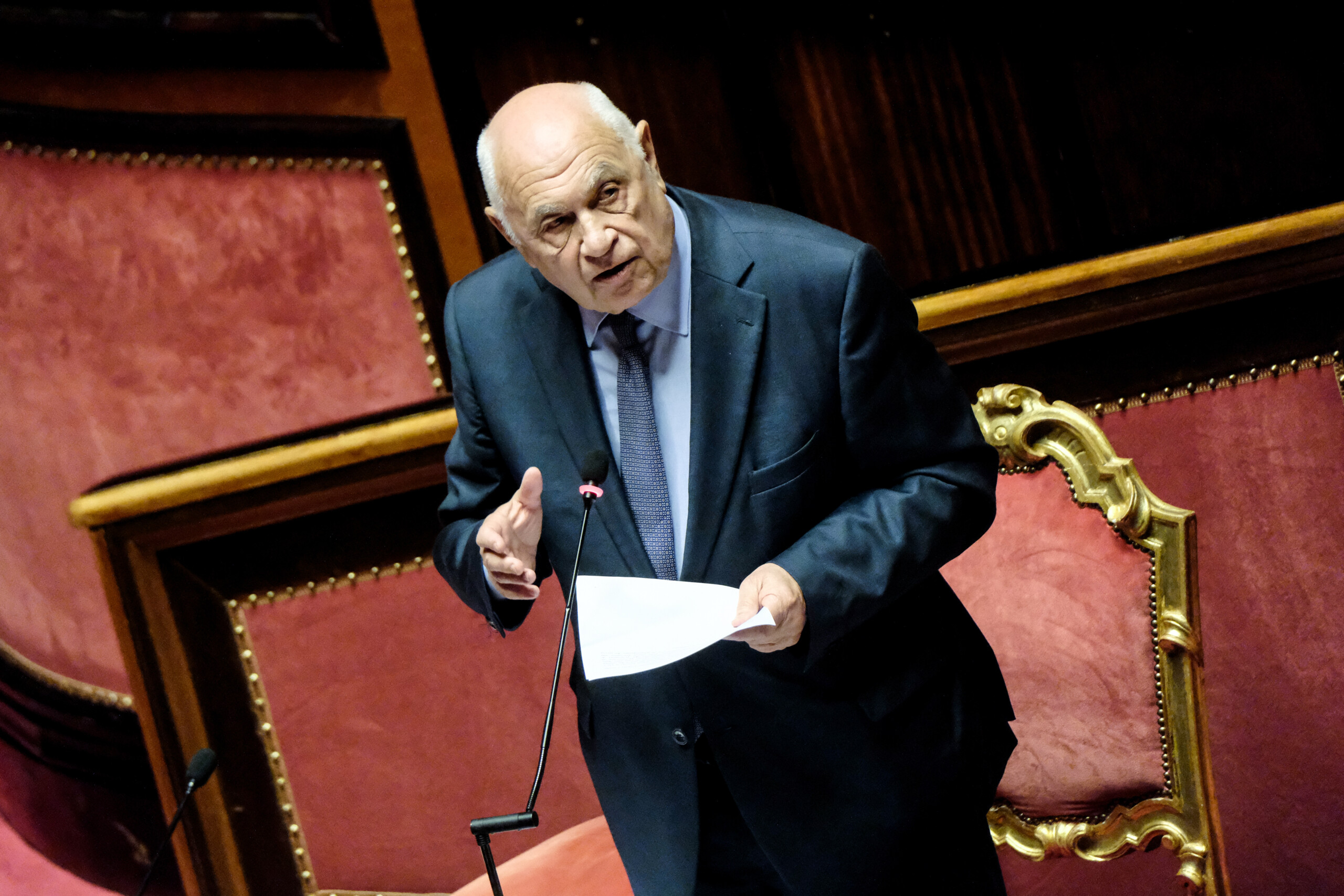Rome, 28 May (LaPresse) – ‘The Garlasco case? Whatever happens, it will end badly.’ This was stated by the Minister of Justice, Carlo Nordio, in an interview with Corriere della Sera. "Either the prisoner is innocent, in which case he has suffered an atrocious punishment unjustly. Or he is guilty, and then it is the current suspect who must face a painful ordeal, costly in terms of image, expenses and suffering, without having done anything wrong. I must not, cannot and will not comment on the merits of the case,‘ he added. Nordio refers to a ’general principle‘ to support his statements. ’After an acquittal, a conviction is unreasonable. Especially if there are two acquittals. How can you convict “beyond reasonable doubt” if two judges have already expressed doubts?‘ he explains. If, on the other hand, new evidence is found, ’in general, if new evidence against the defendant is acquired before the sentence becomes final, the trial must be restarted from scratch. It should not be included in the file already formed, as happens in appeal.‘ This, Nordio continues, ’is for two reasons.‘ ’The first is that you cannot put new wine in an old barrel. If there is new evidence against the defendant, it must be re-examined in cross-examination with the defence, alongside the evidence in favour. In short, you have to start all over again." The second “is even more important. Under the current system, you are depriving the defendant of the right to a second trial on the merits. If the court acquits and the court of appeal convicts, you can only appeal to the Supreme Court on grounds of legitimacy. And the second trial on the merits, whether guilty or not, goes to hell”.
© Copyright LaPresse


